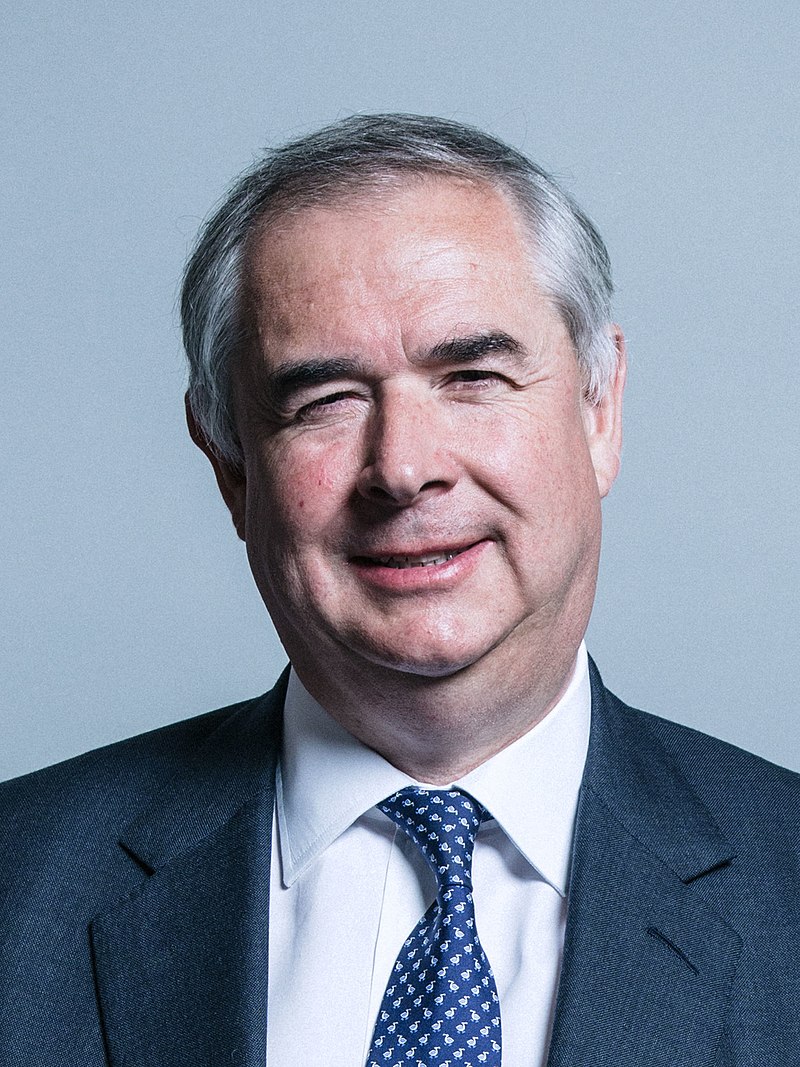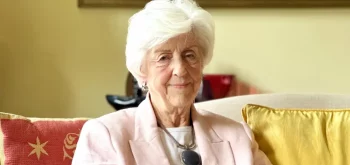The Attorney General has promised to ‘crack the whip’ in order to prevent further recurrences of the disclosure failures that have plagued the Crown Prosecution Service (CPS) over the last year.
Appearing before MPs on the justice select committee yesterday morning, the former barrister Geoffrey Cox, who was appointed as Attorney General in July last year, told MPs: ‘I am determined that we don’t see this blemish rise again to stain our criminal justice system and to produce a dent in the confidence in what is otherwise something in which we should be enormously proud.’
Following well-publicised reports of prosecution failures to disclose evidence that might undermine their case, contrary to the CPS’s legal duties, Cox argued that new processes have since been set in motion including a national disclosure improvement plan. In the wake of the aborted rape trial of Liam Allan, issues related to the non-disclosure of unused material were found in 47 rape and sexual assault cases in England and Wales. The aim of the new initiatives, Cox suggested, ‘is to get higher quality earlier so that failings do not surface halfway through a trial with all of the misery that that causes to interested parties.’
When asked about the 30% reduction in funding for the CPS since 2010, Cox defended the CPS’s record, commenting: ‘It is a travesty in my view to describe the CPS as a failing organisation, as some wholly exaggerated accounts often assume lazily. On the contrary, day in and day out, thousands of judgments are made on prosecution which are borne out in the courts.’
He continued: ‘If you ask me, “is it possible for them to sustain further cuts of the same kind?” I’ll be frank with you: I don’t believe it is. But I do think it’s important to stress that there has been no suffering in the core functions of the Crown Prosecution Service as a consequence of the reductions we’ve seen to date.’
In response, the Secret Barrister tweeted about CPS staff shortages and budget cuts, arguing that ‘[d]isclosure is in crisis. The organisation is staffed by dedicated, overworked people breaking their backs to try to keep cases on the rails. It is a travesty to deny the effect of cuts on the quality of justice.’
Lauding the appointments of Max Hill QC as director of public prosecutions (DPP) and Lisa Osofsky as director of the serious fraud office (SFO), Cox also called for a culture change across the criminal justice system. ‘The problems we have had with criminal disclosure don’t lie with target-setting,’ he said. ‘It has to do with changing the culture and getting into an attitude of mind that challenges and scrutinises one’s own assumptions as an investigator and then as a prosecutor. If we change the culture in that way, it will in fact bring stronger cases.’
Emily Bolton, legal director of the Centre for Criminal Appeals, maintained that actions from the Attorney General would be more welcome than words: ‘Innocent people are languishing in our prisons because of failures to disclose evidence,’ she said. ‘Yet under the Attorney General’s own guidelines it is almost impossible for lawyers investigating miscarriages of justice to access police material. The Attorney General must act to enable wrongful convictions to be exposed and corrected.’







